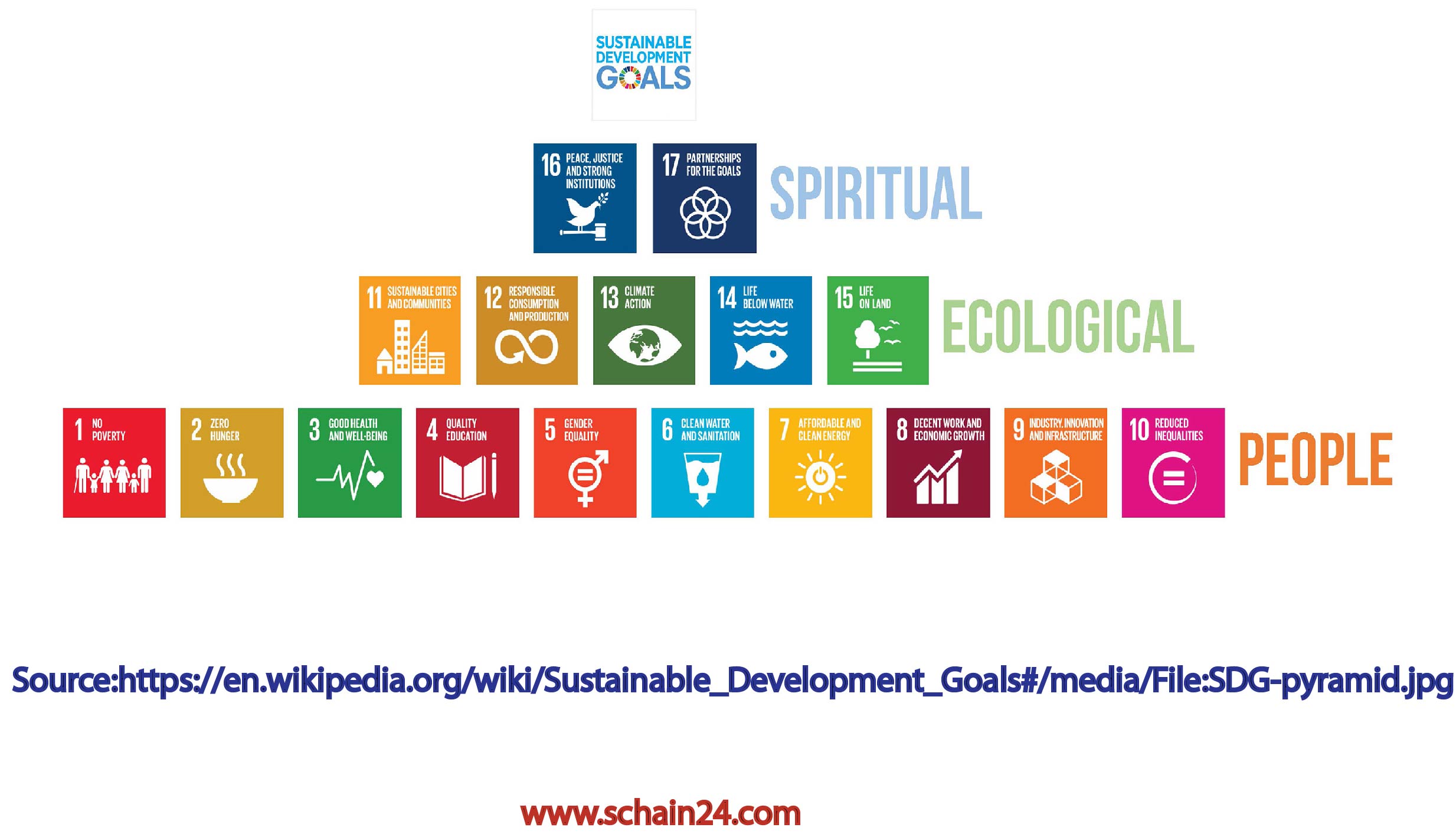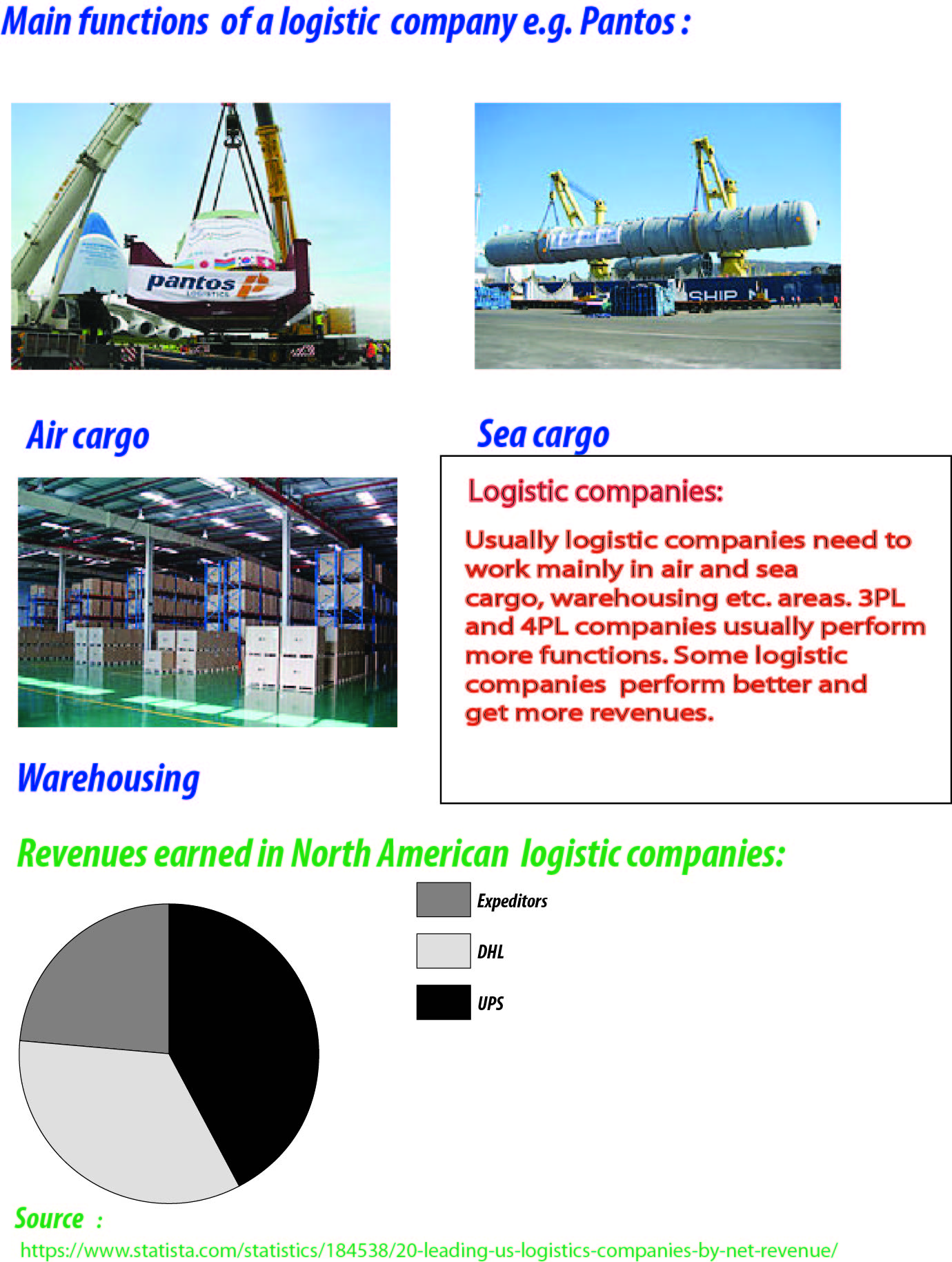Abstract
Achieving the Sustainable Development Goals (SDGs) is a critical role for businesses and brands, as it can have a big impact on their operations, strategies, branding, and stakeholder interactions. In order to meet global sustainability goals, promote innovation in goods and services and business models, and draw in socially conscious clientele, companies are incorporating the Sustainable Development Goals (SDGs) into their plans. ESG factors are also being considered by investors when making decisions, and businesses that support the SDGs stand to gain access to sustainable finance sources and a greater number of investments.
Goals such as “Climate Action” and “Responsible Consumption and Production” can encourage companies to streamline their supply chains, cut waste, and use more environmentally friendly production techniques. Governments are putting SDG-aligned laws into effect, and businesses need to follow them to avoid fines or reputational harm.
Keywords: The Sustainable Development Goals (SDGs)
Introduction
SDG stands for the Sustainable Development Goals, a set of 17 global goals established by the United Nations in 2015 as part of the 2030 Agenda for Sustainable Development. These goals aim to address a wide range of social, environmental, and economic challenges, such as poverty, inequality, climate change, environmental degradation, peace, and justice. Each goal has specific targets and indicators to measure progress.
The 17 Sustainable Development Goals (SDGs) are:
- No Poverty
- Zero Hunger
- Good Health and Well-being
- Quality Education
- Gender Equality
- Clean Water and Sanitation
- Affordable and Clean Energy
- Decent Work and Economic Growth
- Industry, Innovation, and Infrastructure
- Reduced Inequality
- Sustainable Cities and Communities
- Responsible Consumption and Production
- Climate Action
- Life Below Water
- Life on Land
- Peace, Justice, and Strong Institutions
- Partnerships for the Goals
Impact of SDGs on Businesses and Brands
Businesses and brands are key players in achieving the SDGs. The impact of SDGs on different businesses can be substantial, influencing their strategies, operations, branding, and stakeholder relationships. Here’s how SDGs affect various aspects of businesses:
-
Strategic Planning and Risk Management
- Companies are integrating SDGs into their business strategies to align with global sustainability goals. This not only addresses societal and environmental concerns, but also mitigates risks associated with regulatory changes, resource scarcity, and social pressures.
-
Innovation and Market Opportunities
- Focusing on SDGs can drive innovation in products, services, and business models. For instance, SDG 12 (Responsible Consumption and Production) encourages businesses to develop sustainable supply chains, while SDG 7 (Affordable and Clean Energy) opens up opportunities for renewable energy and energy-efficient solutions.
-
Brand Reputation and Consumer Trust
- Consumers are increasingly looking for brands that align with their values, such as sustainability and social responsibility. Companies that commit to SDGs and transparently report their progress can build stronger brand loyalty and attract socially conscious customers.
-
Access to Capital and Investments
- Investors are increasingly incorporating Environmental, Social, and Governance (ESG) criteria into their decision-making processes. Companies that align their operations with SDGs can attract more investments from socially responsible investors and access sustainable financing options.
-
Talent Acquisition and Retention
- Employees, particularly younger generations, are more inclined to work for companies that have a strong commitment to sustainability and social responsibility. Integrating SDGs into a company’s mission and culture can help attract and retain top talent.
-
Supply Chain and Operations
- SDGs such as “Climate Action” (SDG 13) and “Responsible Consumption and Production” (SDG 12) can lead businesses to optimize their supply chains, reduce waste, and adopt more sustainable production processes.
-
Regulatory Compliance and Governance
- Governments around the world are implementing policies aligned with SDGs, such as carbon pricing, waste management regulations, and social inclusion policies. Companies need to comply with these regulations or risk facing penalties, fines, or reputational damage.
-
Partnerships and Collaboration
- SDG 17 (Partnerships for the Goals) emphasizes the importance of collaboration among businesses, governments, and civil society. Companies are forming partnerships with other stakeholders to drive sustainable development, share resources, and create impactful initiatives.
Examples of Businesses Aligning with SDGs:
- Unilever: Integrates SDGs into its Sustainable Living Plan, focusing on health and well-being, reducing environmental impact, and enhancing livelihoods. Unilever believes that it is not possible to achieve long-term business success in a world which contains poverty, hunger and climate change. The Sustainable Development Goals (SDGs), launched by the United Nations in 2015, are an excellent vehicle for driving this change.
- Patagonia: Focuses on SDG 13 (Climate Action) by promoting sustainability in its supply chain and advocating for environmental causes. Patagonia’s Social and Environmental Responsibility (SER) team can veto a decision to work with a new factory (as can, as always, our Quality team). This practice is rare in the apparel business and keeps us out of factories that don’t share our social and environmental values. They have also trained our Sourcing and Supply Planning teams in responsible purchasing practices to minimize any negative impact on the factory workers and the environment that could result from our business decisions. Their Sourcing and Quality staff work closely with our SER team and hold a joint weekly meeting to make supply chain decisions.
- Microsoft: Committed to becoming carbon negative by 2030, aligning with SDG 13 and SDG 7. Microsoft’s mission to empower every person and organization on the planet underpins their work with the United Nations and their efforts to support the Sustainable Development Goals (SDGs). Since becoming an SDG Advocate in 2021, Microsoft President and Vice Chair Brad Smith has emphasized the power of innovation, technology, and multi-stakeholder partnerships to keep the promise of the SDGs. To create positive impact with technology, people must be able to trust the technologies they use and the companies behind them. That’s why we’re committed to the responsible use of AI, protecting privacy, and advancing digital safety and cybersecurity. Our focus on earning trust helps support several SDGs, including Goal 16—Peace, Justice, and Strong Institutions.
Conclusion
The SDGs provide a framework for businesses to drive growth, innovation, and positive societal impact while addressing global challenges. Aligning with these goals can create value for companies, stakeholders, and society at large, positioning businesses as leaders in sustainability and responsible growth. The Sustainable Development Goals (SDGs) of the United Nations were put into effect globally in 2016, with the intention of accomplishing them by 2030. To accomplish these objectives, UN Secretary-General António Guterres called for a Decade of Action in 2019. An annual platform will guide the Decade, which will run from 2020 to 2030. Actors such as national governments, corporations, and civil society can interpret the SDGs in different ways and they are not legally obligatory. Even though civil society empowerment and engagement are crucial, achieving the SDGs is difficult because of a variety of interests and the absence of legal obligations.
References/ Further Reading
1.https://www.patagonia.com/our-footprint/corporate-social-responsibility-history.html
2.https://www.microsoft.com/en-us/corporate-responsibility/un-sustainable-development-goals
3. “Impact of Pandemic, Worldwide Crises Must Be Overcome to Achieve Sustainable Development Goals, Speakers Stress, as High-Level Political Forum Opens | UN Press”. press.un.org. Retrieved 11 July 2023.
4. https://en.wikipedia.org/wiki/Sustainable_Development_Goals#/media/File:SDG-pyramid.jpg
5. https://www.youtube.com/watch?v=RuripXf1UGw
6. https://rumble.com/v5g080d-i-discovered-the-shocking-truth-about-sdgs-and-business.html





